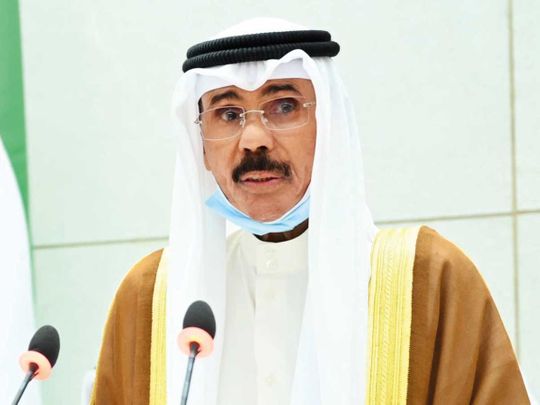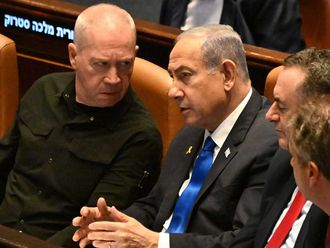
Kuwait City: On Sunday, the Emir of Kuwait, Sheikh Nawaf Al Ahmed Al Sabah, issued an Emiri decree calling for the first session of the 16th legislative term of the National Assembly (parliament) to be on December 15.
The newly elected parliament will commence 10 days after the elections, in accordance with article 87 of the Kuwaiti constitution, which stipulated that parliament should hold its first session within two weeks of the end of the general election.
The incoming legislature looks very different from the previous term, as the elections resulted in a 60 per cent change in MPs and an all-male parliament (compared to the previous parliament, where there was one female MP, the controversial Safa Al Hashem).
Many in Kuwait have pointed out the drastic change in MPs is a message the Kuwaiti people were dissatisfied with the previous parliament and that they were seeking change.
Change in government
On Sunday, the Prime Minister, Sabah Al Khaled Al Sabah, submitted his government’s resignation to Sheikh Nawaf. It is customary for the government to hand in its resignation after a parliamentary election is held, as the parliament has some say in the formation of the new government.
When a new government is formed, the Emir appoints the Prime Minister, who then appoints ministers. That said, at least one of the ministers must be an elected MP and the number of ministers must not exceed one-third of the number of members of parliament, as per the Kuwaiti constitution.
As he handed in his government’s resignation, Sabah Al Khaled said, “I have keenly supervised the general elections of the new National Assembly to hold polls freely, transparently and with utmost objectivity despite the very strict precautions warranted by the novel coronavirus.”
Sabah Al Khalid was appointed as prime minister, head of the cabinet of ministers, on November 19, 2019.








